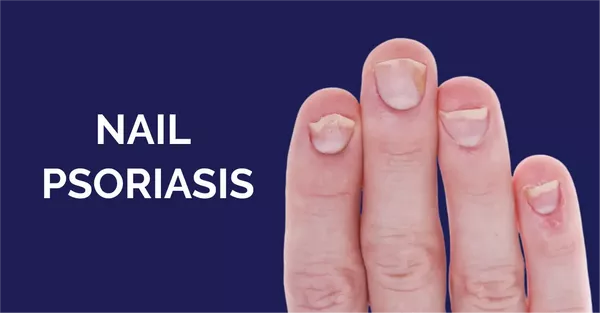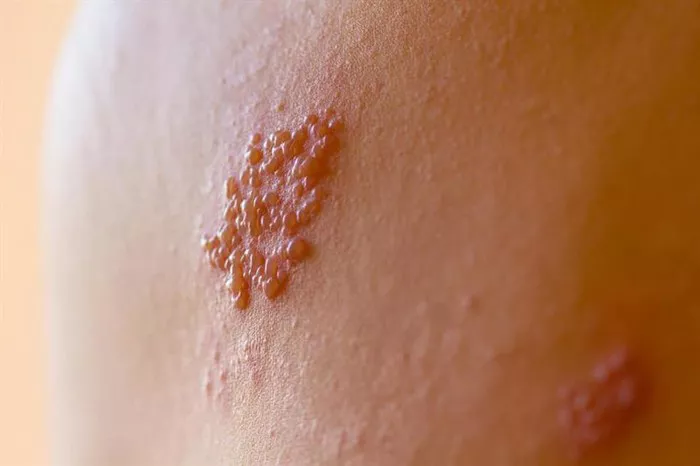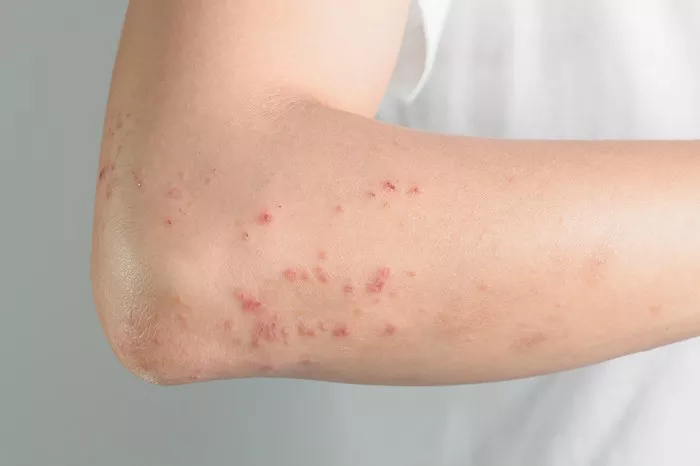Nail psoriasis is a chronic autoimmune condition that affects the nails, causing various changes in their appearance and texture. It is a subtype of psoriasis, a condition that causes skin cells to multiply up to ten times faster than normal. While psoriasis itself is not contagious, there are misconceptions surrounding the contagiousness of nail psoriasis due to its visible symptoms and similarities to fungal infections. In this article, we will explore the nature of nail psoriasis, its causes, symptoms, and whether it can be transmitted from person to person.
Understanding Nail Psoriasis
Psoriasis affects around 2-3% of the global population, and nail psoriasis is estimated to occur in about 50% of individuals with psoriasis. It can affect both the fingernails and toenails and presents with various symptoms, including:
1. Pitting: Small dents or holes in the nails.
2. Discoloration: Yellow-brown spots or oil spots.
3. Thickening: Nails may become thick, rough, or develop ridges.
4. Separation: The nail may separate from the nail bed, a condition known as onycholysis.
5. Brittleness: Nails may become brittle and prone to crumbling.
6. Redness and swelling: Inflammation around the nail.
These symptoms can be not only unsightly but also uncomfortable and potentially painful. Nail psoriasis can significantly impact an individual’s quality of life, affecting their self-esteem and ability to perform daily activities.
Causes of Nail Psoriasis
The exact cause of nail psoriasis is not fully understood, but it is believed to be a result of an abnormal immune response. In individuals with psoriasis, the immune system mistakenly attacks healthy skin cells, leading to inflammation and the rapid turnover of skin cells. This process also affects the nails, causing the characteristic changes associated with nail psoriasis.
Genetics play a significant role in the development of psoriasis and nail psoriasis. Individuals with a family history of psoriasis are more likely to develop the condition themselves. Environmental factors, such as stress, infections, and certain medications, can also trigger or exacerbate symptoms.
Differentiating Nail Psoriasis from Fungal Infections
One of the reasons for the misconception regarding the contagiousness of nail psoriasis is its resemblance to fungal infections of the nails, such as onychomycosis. Fungal infections can also cause changes in the nails, including discoloration, thickening, and brittleness. However, there are key differences between nail psoriasis and fungal infections that can help differentiate the two:
1. Location of symptoms: Nail psoriasis often affects multiple nails on both hands and feet, whereas fungal infections may only affect a few nails and typically spread from one nail to adjacent nails.
2. Texture of the nails: Nails affected by psoriasis may have a pitted or ridged appearance, while fungal infections may cause nails to become crumbly or develop scaling.
3. Associated skin symptoms: Psoriasis is a systemic condition that often affects the skin as well, causing red, scaly patches known as plaques. Individuals with nail psoriasis may also have psoriasis plaques on other parts of their body, which is not typically seen in fungal nail infections.
4. Response to treatment: Nail psoriasis and fungal infections require different treatment approaches. While antifungal medications are effective for fungal infections, they are not useful for nail psoriasis. Treatments for nail psoriasis may include topical corticosteroids, vitamin D analogs, or systemic medications such as methotrexate or biologics.
Is Nail Psoriasis Contagious?
The straightforward answer is no, nail psoriasis is not contagious. Unlike fungal infections, nail psoriasis is not caused by an infectious organism such as a fungus. Instead, it is an autoimmune condition that results from the body’s immune system attacking healthy cells.
Nail psoriasis cannot be transmitted from person to person through direct contact or exposure to affected nails. It is not spread through casual contact, sharing personal items, or contact with surfaces touched by individuals with nail psoriasis.
Dispelling Myths and Educating the Public
Despite the scientific evidence confirming that nail psoriasis is not contagious, myths and misconceptions persist. This misinformation can lead to stigma and discrimination against individuals with psoriasis, causing them to feel isolated and misunderstood.
Educating the public about the nature of nail psoriasis and its causes is essential in dispelling myths and reducing stigma. Healthcare professionals play a crucial role in providing accurate information to patients and addressing any concerns they may have about the condition.
Conclusion
Nail psoriasis is a chronic autoimmune condition that affects the nails, causing various changes in their appearance and texture. While it shares some similarities with fungal nail infections, nail psoriasis is not contagious. It is important to differentiate between the two conditions to ensure appropriate treatment and support for individuals affected by nail psoriasis.
By understanding the causes and nature of nail psoriasis, we can debunk common myths and misconceptions surrounding the condition. Through education and awareness, we can promote acceptance and support for individuals living with psoriasis, helping them lead fulfilling and healthy lives.

























